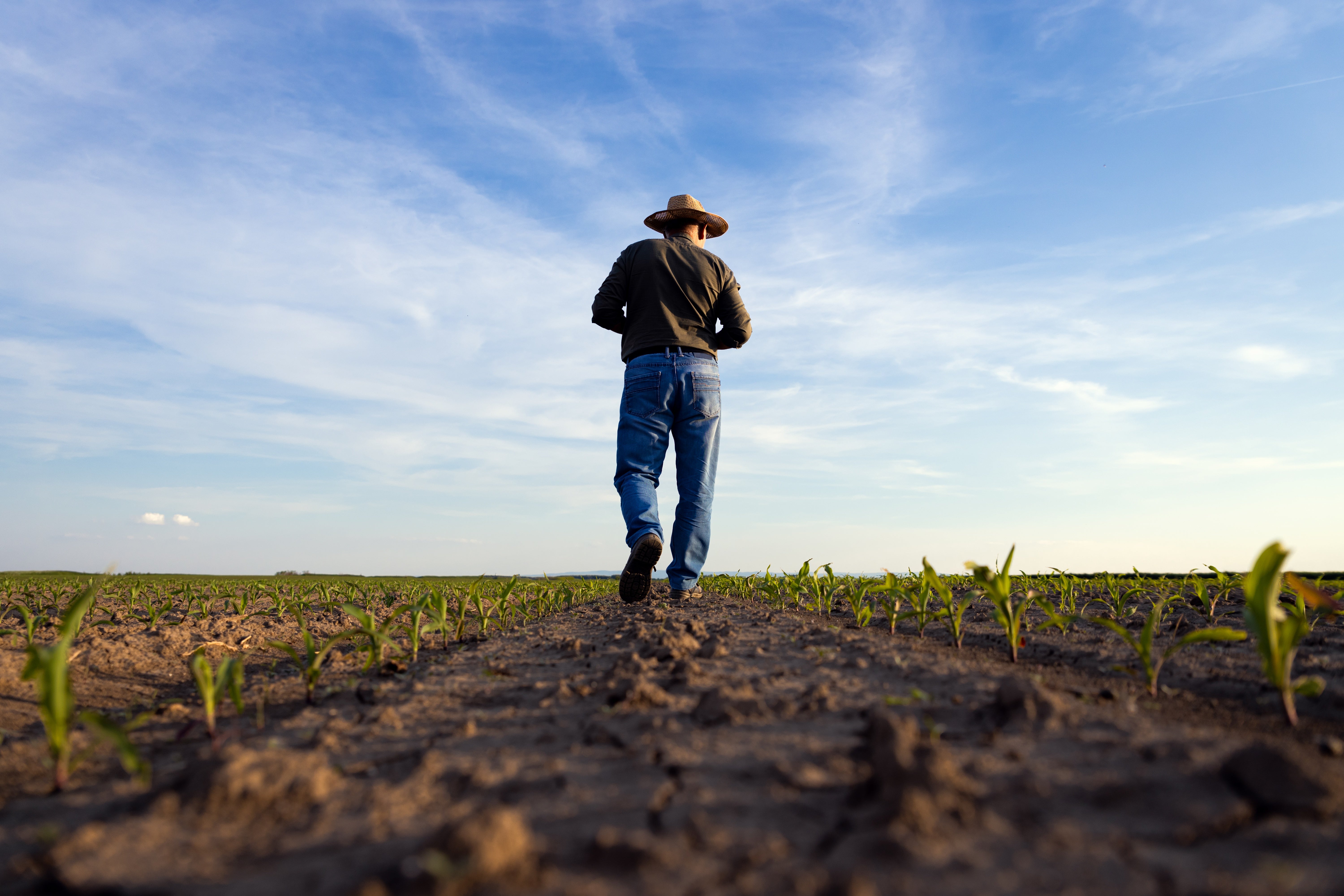
Chris Bardenhagen used to shrug off any worries about mental health, but the stresses of taking over his struggling family farm now have him seriously considering therapy. Bardenhagen is a sixth-generation farmer who grew up on an 80-acre multicrop orchard in Michigan that his family has run since the 1800s. And it all was officially transferred to him on January 1—a transition that he says has “been too much too fast” as he has scrambled to find financial support and profitable crops.
“We needed to simplify the farm for me to safely take over and not have it, you know, consume my entire life,” Bardenhagen says. “We’ve whittled it down basically to some high-density apples.”
This streamlined operation now costs about $60,000 a year—less than half the amount needed when the family grew a wider variety of crops, including cherries and potatoes. To further offset costs, Bardenhagen has another job as a farm business management educator at Michigan State University (MSU). He has also taken out loans through a Farm Service Agency financing program. The stress can be all-consuming for farmers who, like Bardenhagen, are solidly entrenched in the industry and desperate for ways to cope. “You’re gambling your whole career,” he says. “Is the industry going to pull out of this tailspin or not?”
On supporting science journalism
If you’re enjoying this article, consider supporting our award-winning journalism by subscribing. By purchasing a subscription you are helping to ensure the future of impactful stories about the discoveries and ideas shaping our world today.
The agriculture business has become increasingly unstable. Financial uncertainty, physical isolation and increasingly unpredictable crop yields linked to climate change are just some of the stressors that are fueling a mental health crisis among farmers. The anxiety can be overwhelming—especially in many farming communities that have historically struggled with access to mental health…
Read the full article here






